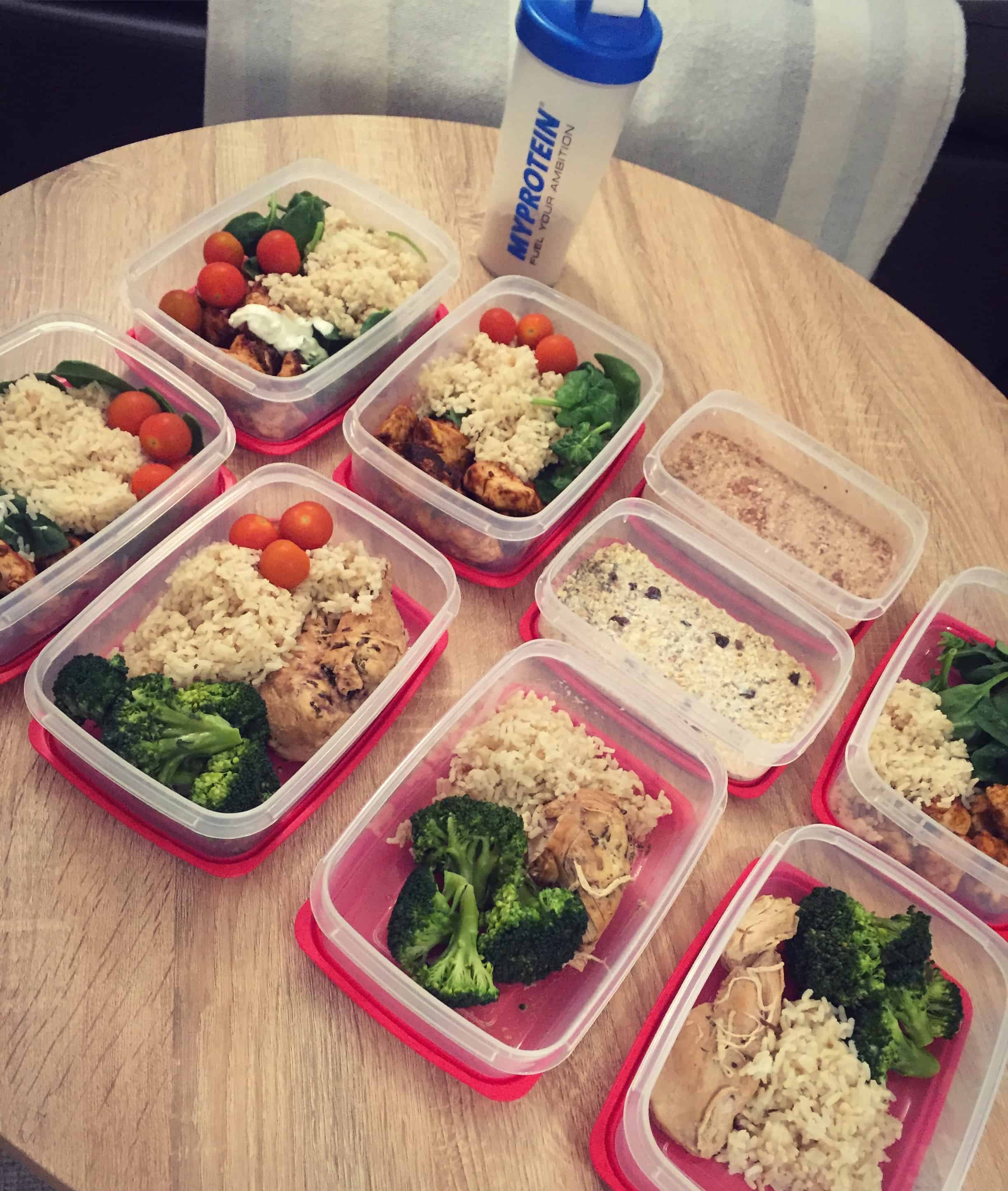Managing weight and body composition has been a feature of western populations for decades. Despite all shapes and sizes being socially acceptable, weight, size and body fat can have a sifnificant impact upon our self esteem. As Sunningdale personal trainers we often hear people say they are unhappy with their weight or would like to lose some. More specifically, they are unhappy with the amount of fat that they possess. Losing weight is one thing but keeping it off is another. How do we lose fat with out losing muscle? How do we keep the fat that we’ve lost at bay once it’s gone?
Fat loss – the basics
Let’s cut to the chase. Losing weight, and more specifically losing body fat, comes down to energy balance. If an individual consumes less energy than they use they lose weight. Just like balancing a bank account. Each 1 lb of body fat contains approximately 3750 kcal. So a negative energy balance of 4000 kcal 0ver the course of a week should result in 1 lb of body fat lost. If all else fails always come back to this principle.
The body will throw a few curveballs at this basic rule of energy balance. As a biological system everything in the body is controlled via feedback loops. This essentially keeps us alive. Therefore, in the context of weight loss, if we eat so little and have a very high calorie deficit the body will find ways at preserving energy – basic survival 101. Examples include a change in the rate of which you burn calories as well using existing muscle as a source of fuel. Therefore, if you are looking for sustainable weight loss you must avoid very big calorie deficits.
People who lose significant amounts of weight using extreme negative energy balance often find that the changes in their body’s metabolism mean that they accumulate the weight, and more importantly the body fat mass, once they resume their normal / typical diet.
Eating for sustainable weight loss
So here’s the key to sustainable weight loss – PATIENCE!
We already know that an extreme calorie deficit or negative energy balance that results in a rapid loss of weight can lead to muscle loss, lethargy and a regain of original fat levels. Therefore, sustainable weight loss has to be much more gradual if you want to stand the greatest chance of keeping the body fat off. So what is a suitable rate of fat loss? In a nutshell we are looking at 1-2lb a week. Losing apprximately 1kg of body fat over the course of the week means that you wont notice a severe drop in energy levels, should be able to maintain your activity levels and you’re more likely to be able to keep it up.
If 2lb per week doesn’t sound fast enough remember that you didn’t put the weight on overnight either, so why should you expect it to come off overnight?
Making Fat Loss happen
Understanding the relationship between your bodyweight, daily calorie intake and protein intake will help you significantly when it comes to tweaking what the weighing scales say. Over time daily measurement of these three will give you great understanding of how to manage your body weight, and more specifically body fat. If you’re consistent with your total daily calorie intake and physical activity levels then you will quickly figure out how they influence your body weight.
- Weigh yourself first thing each morning after first visiting the loo.
- Track / count your total daily calorie intake
- Track / count your total daily protein intake
There are plenty of Apps such as MyFitnessPal available on the android and IOS platforms. Choose one that makes counting claories easy for you. Here’s the crunch – at first properly tracking calorie intake can be a lot of extra work, but over time becomes easier as most Apps will allow you to store regular foods that you consume.
You’re tracking, now what?
So what happens once you’re tracking your calories? Body weight will do one of three things:
- Increase – in which case you will need to reduce total daily calorie intake.
- Remain the same – In which case you are likely to reduce total daily calorie intake if looking for weight loss.
- Decrease – you shoudl remain on the same total calorie intake until weight loss plateau’s.
For sustainable weight loss it’s important to not make drastic changes in total daily calorie intake. We recommend no more than a 150kcal each dayto your total. It’s also important to not make changes too frequently either. We recommend no more frequent than two weeks. This is because daily bodyweight can vary naturally by up to 2lbs per day with abolsiutely no change in body composition whatsoever! Small changes made over longer periods of time will allow you to avoid these natural fluctuations and base decisions on actual trends.
Helping clients monitor their nutrition basics is one part of our Beyond the Session support that we offer our Sunningdale personal training clients. We do this so that they can support a healthy training programme with us and reach their goals effectively and efficiently. If you’d like to contact us for a free consultation to see how we can help you please do so here.
